The vast majority of Americans have at least one payment app, such as Venmo, Zelle, Cash App, or PayPal, on their smartphones for easy and immediate transfers.
But Manhattan District Attorney Alvin Bragg recently announced that financial app crime is through the roof in New York and around the country, and he blames the CEOs.
Peer-to-Peer Payment Scams Are Out of Control
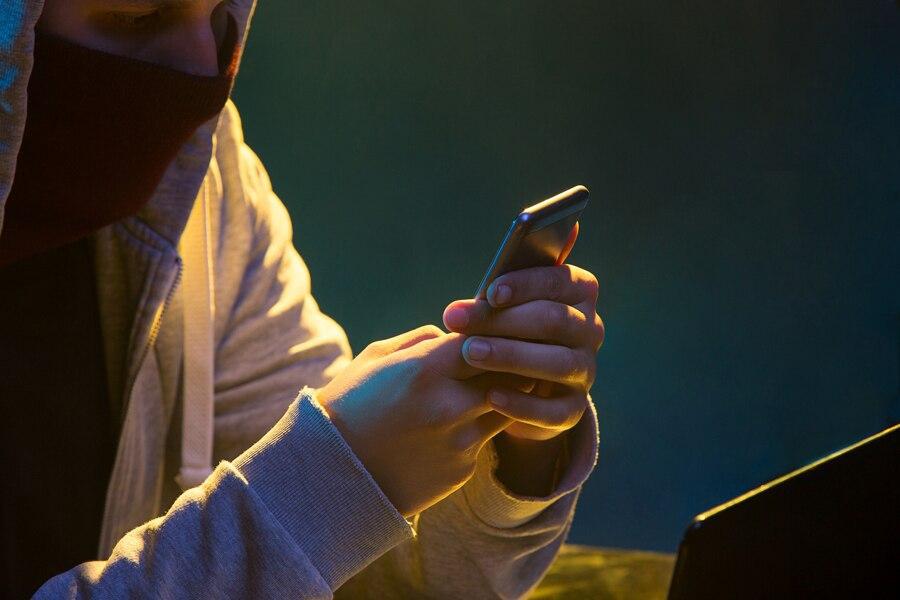
DA Bragg is asking the CEOs of popular peer-to-peer payment companies to improve their security measures, as he noted that thefts via these popular apps are truly out of control.
In the letters he sent out to the various brands, Bragg wrote that it’s currently far too easy for unauthorized users to gain access to people’s accounts and steal large sums of money within seconds.
Many of These Fraudulent Attacks Are Happening in Person
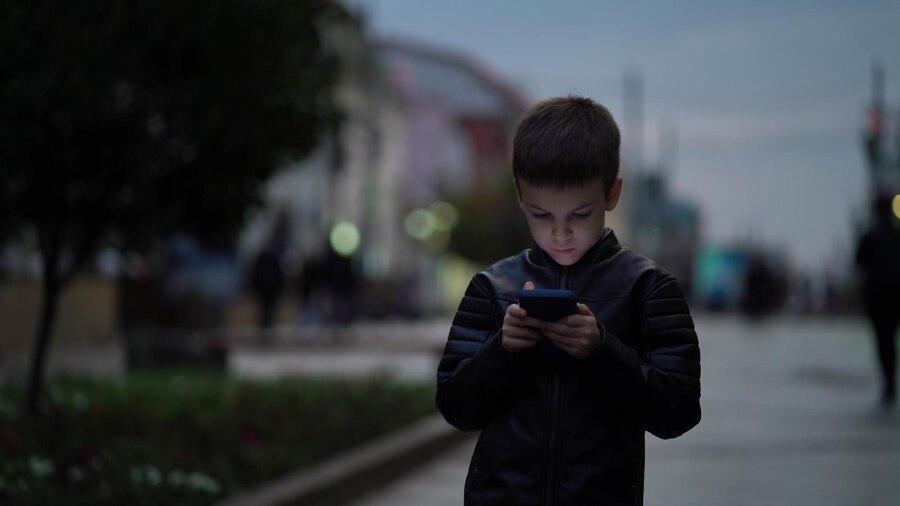
What’s especially interesting about this new kind of crime is that it’s not only happening through hacking, fraudsters are stealing money right in front of people’s faces.
One woman in Orlando lost thousands of dollars after a child asked to use her phone on the street, and instead of calling or texting his parents, he opened her Venmo app and drained the money in seconds.
Criminals Are Using People’s Trust and Kindness to Steal
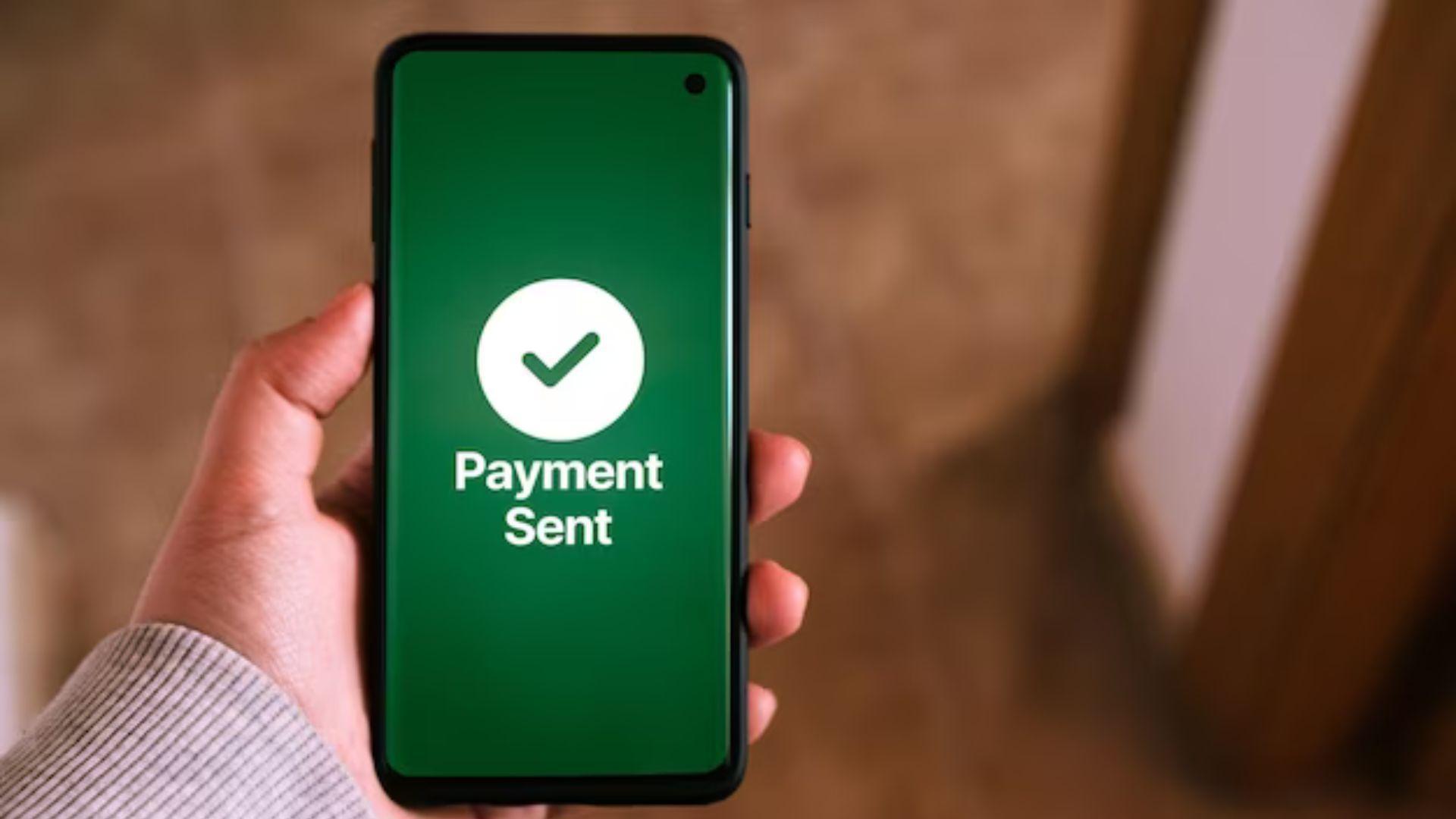
DA Bragg also mentioned that in several cases, people on the street asked passersby for donations to a specific charity, then said they would enter the information into the app for the donator.
But there was never any charity, once they had the phone in their hand, these fraudsters sent themselves hundreds and even thousands of dollars.
Americans All Over the Country Are Being Robbed Through Payment Apps
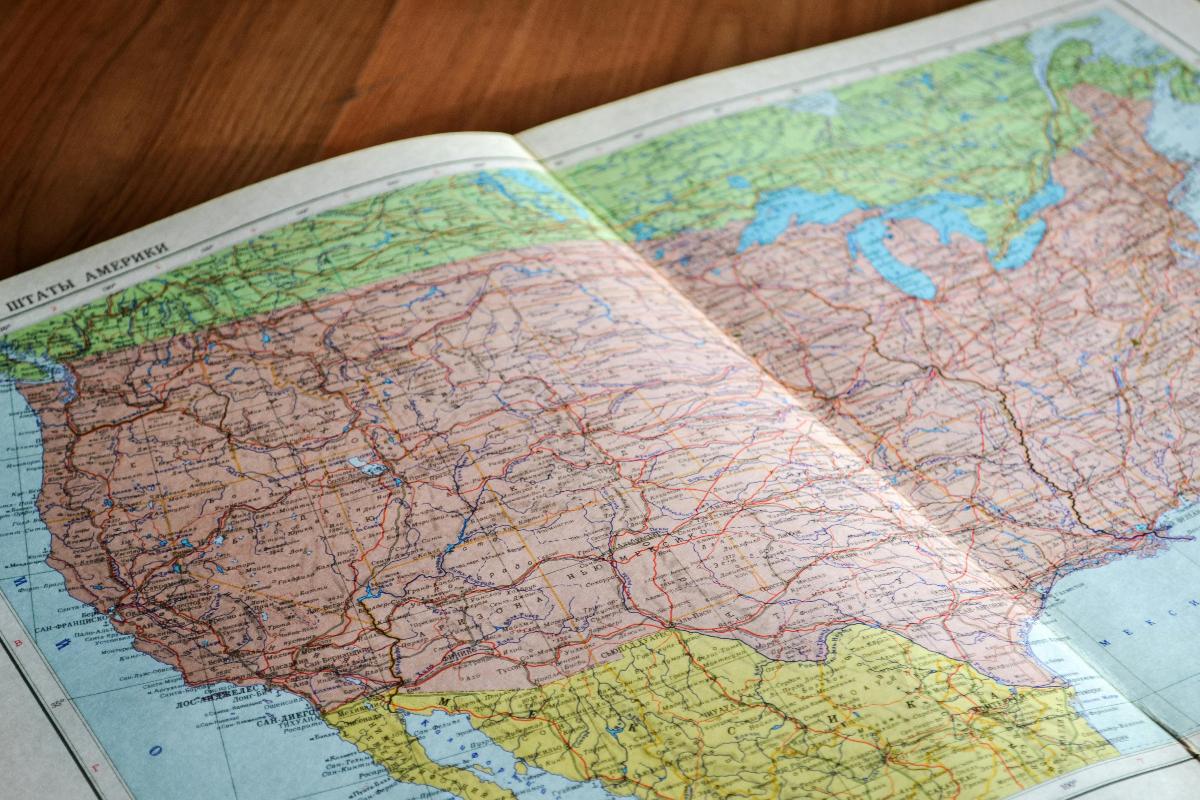
Sadly, there have also been a wide variety of reports from Los Angeles and around the entire country of thieves robbing people at knife point.
But since no one carries cash these days, the criminals are forcing their victims to send them money via the apps before they let them go.
Bragg Believes Something Has to Change
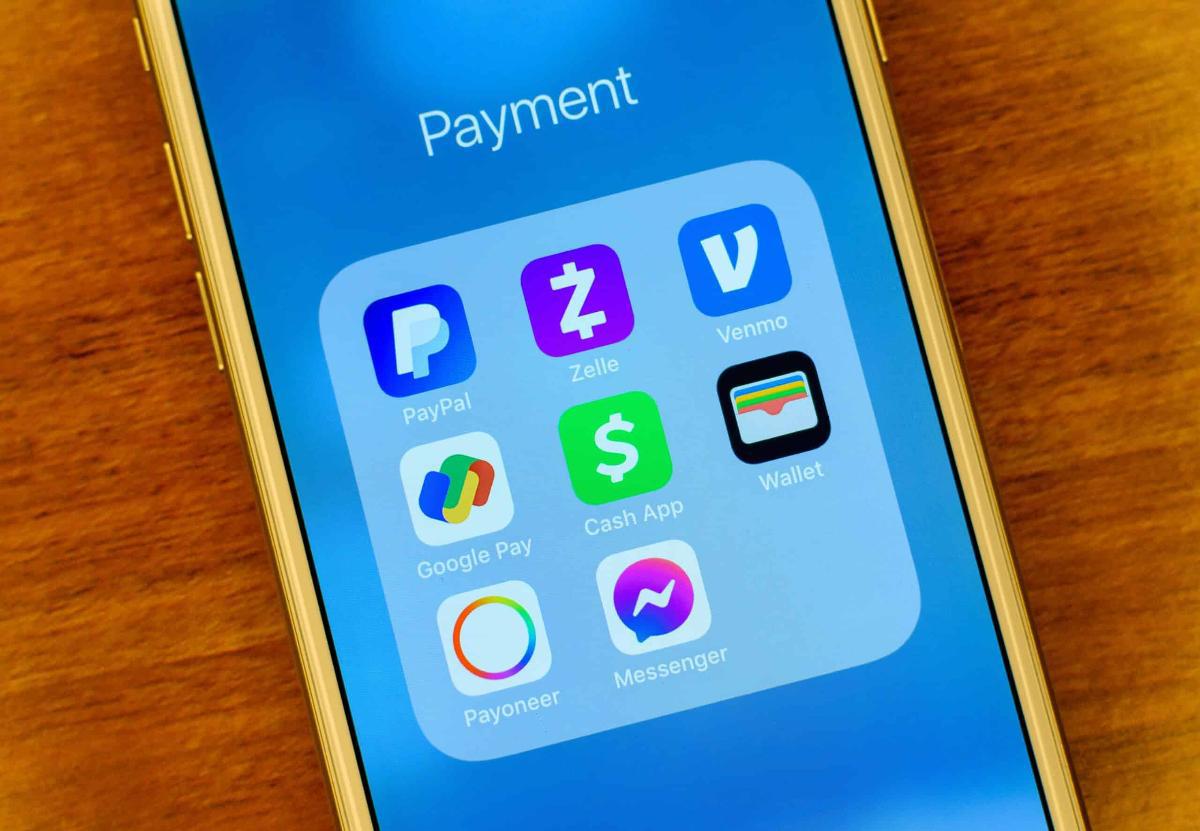
DA Bragg’s letters to the CEOs of the major cash-transfer companies pleaded that they change the way their apps function and increase security.
Bragg wrote in his letter, “Further security measures [are needed] to prevent unauthorized access to unlimited use of your financial services would have prevented such crimes” (via Newsweek).
Security Measures That Could Actually Help
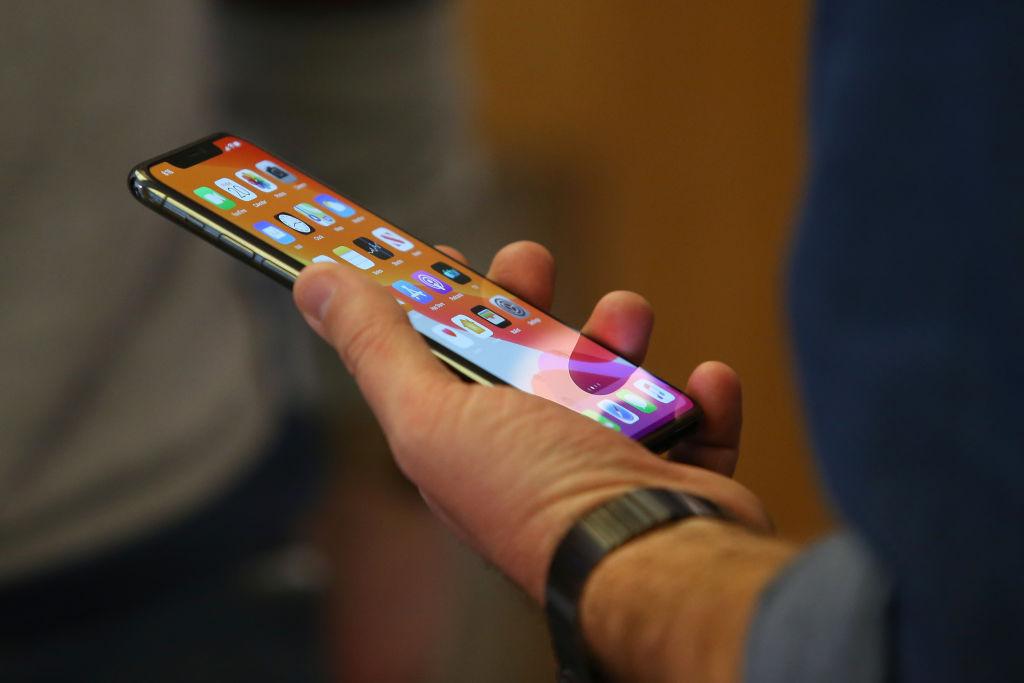
The district attorney also took the time to suggest some useful security measures that he believes could help protect “countless unsuspecting victims.”
DA Bragg noted that the maximum one-time transfer and the daily transfer limits should be decreased, multistep authentication should be in place, and there should even be a wait time and secondary verification for high sums.
Cash App Responded to Bragg’s Letter
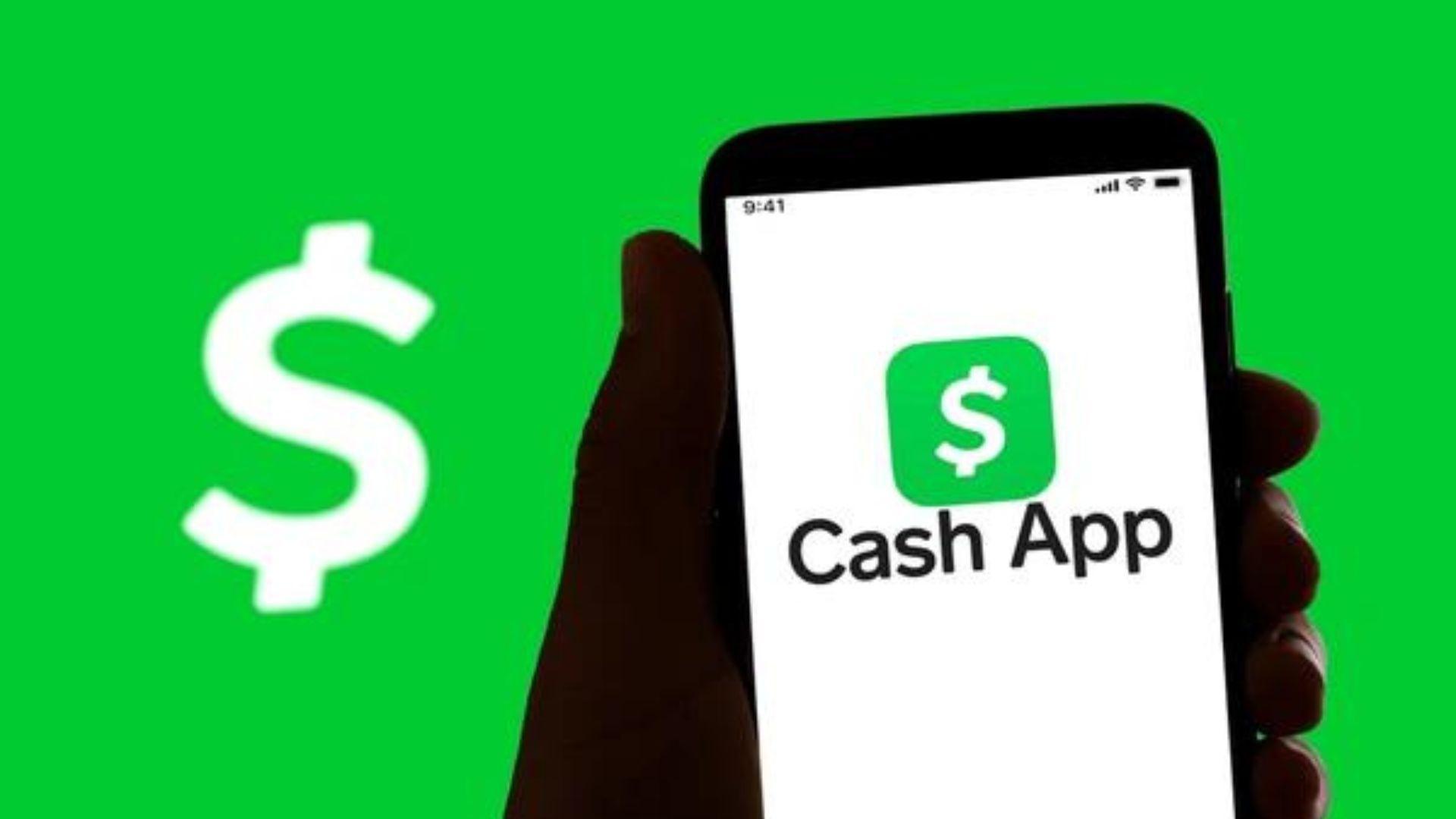
In response to DA Bragg’s letter of frustration, popular company Cash App responded by sending a statement to Newsweek last week.
Their spokesperson said that Cash App is working “proactively and diligently to safeguard our customers’ money and mitigate against the risk of fraud on our platform through a combination of preventive controls like multifactor authentication, account transaction limits, fraud detection, and consumer education.”
PayPal Also Plans to Make Changes to Its Security
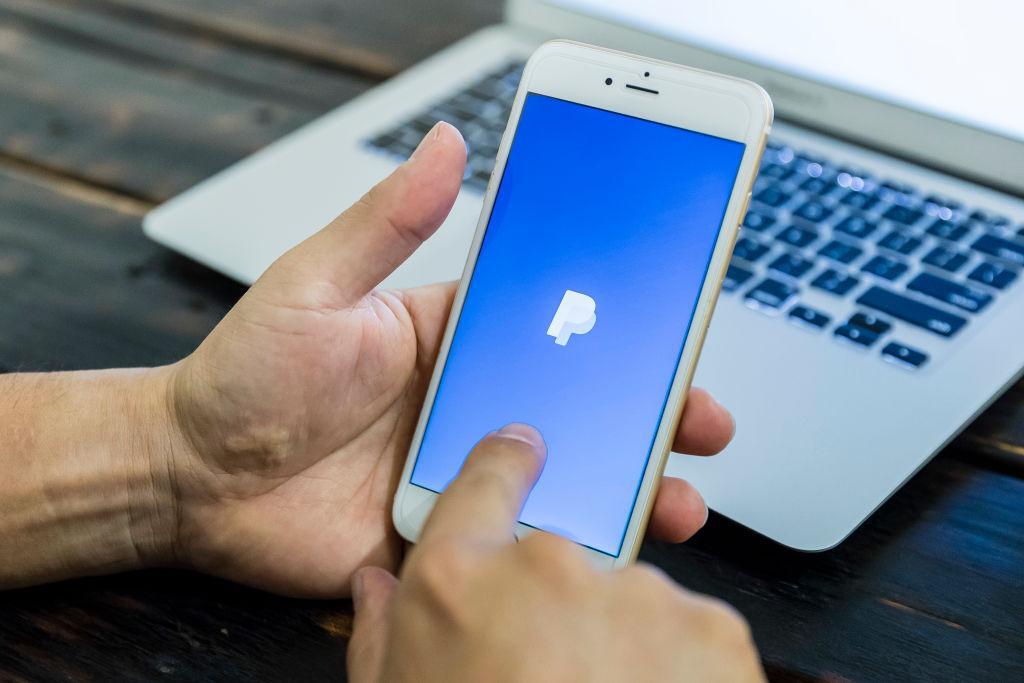
A spokesperson from PayPal also spoke to Newsweek and said that they are “[taking] the safety and security of our customers and their information very seriously.”
PayPal’s statement continued, “In addition to proactively leveraging sophisticated fraud detection tools, manual investigations, and partnering closely with law enforcement agencies to protect our customers against common scams, we have several options in place to enable enhanced layers of security and protection directly within our apps.”
Zelle’s Response Was a Little Different
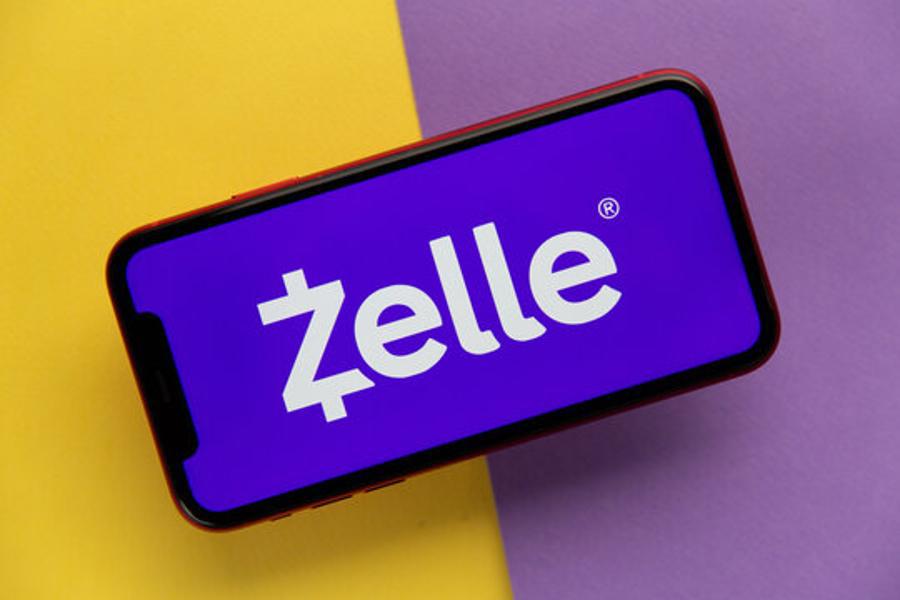
Although Zelle is just as concerned about its customers’ safety as the other companies, Zelle also wanted to explain that peer-to-peer payment scams aren’t as common as DA Bragg is saying they are.
A spokesperson from the company explained to Newsweek, “Less than one-tenth of one percent of transactions are reported as fraud or scams, and that percentage keeps getting smaller.”
Bragg Wants More Than False Promises
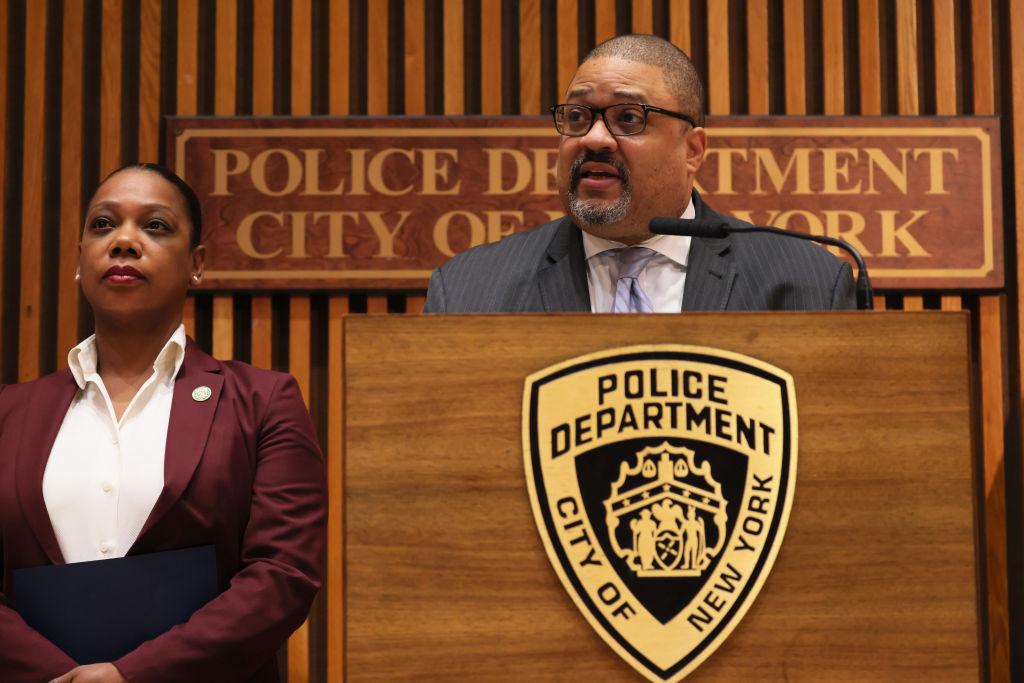
DA Bragg reported that after sending the letters and receiving some responses from various CEOs, he is hoping to take his plan a step further.
There are rumors that he may meet either collectively or individually with the CEOs of Venmo, Cash App, and Zelle, but there is nothing on the books just yet.
Be Careful on Your Payment Apps
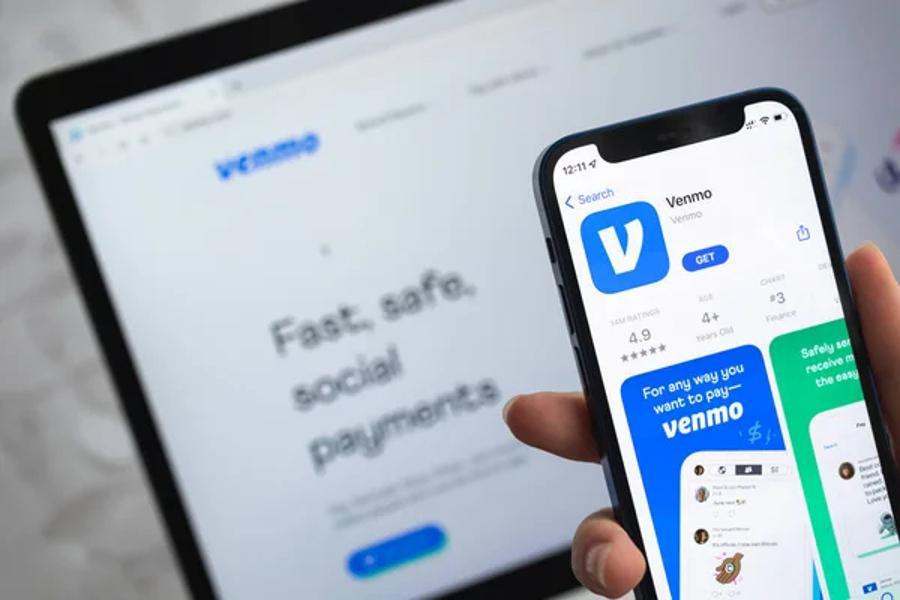
For now, until these companies make changes to their current security measures, customers can take action to protect themselves from the all-too-poplar scams.
First and foremost, never give your phone to someone on the street. Instead, offer to type the text, make the call, or find the information for them. And second, do not stay logged in to any cash or banking apps or allow them to save your password.
